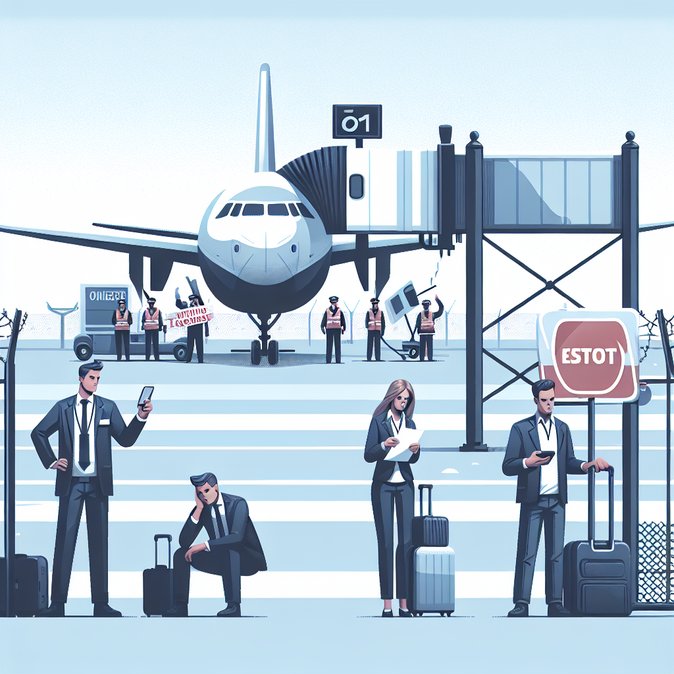
Brussels Airlines is again grappling with industrial unrest after the white-collar unions BBTK and ACV Puls filed an official strike notice on 27 October 2025. The move follows the summary dismissal of three long-serving flight attendants who refused to operate a flight to Accra after colleagues reported finding vermin on board. Management subsequently said the vermin alert was a false alarm, but the crew members—who have 30, 27 and 20 years of service—were nevertheless fired for what the airline labelled “insubordination”.
Under Belgian labour law, the parties now enter a statutory conciliation period; if no agreement is reached, cabin crew could down tools as early as mid-November, disrupting the carrier’s winter schedule out of its Brussels-Zaventem hub. The unions argue that the dismissals were disproportionate and undermine the “just culture” principle promoted by EU Aviation Safety Regulation 376/2014, which encourages employees to report safety concerns without fear of retaliation.
For multinationals that rely on Brussels Airlines for intra-European shuttles and long-haul connections to Africa and North America, the prospect of industrial action adds another layer of travel-management complexity. The airline already cut capacity earlier this year because of crew shortages and high fuel costs; corporate travel managers therefore face a shrinking pool of seats at a time of rising demand around EU institutions’ busy autumn calendar.
Practically, companies should activate contingency plans that include re-booking on Star Alliance partners such as Lufthansa and Swiss, monitoring GDS queues for IRROPS re-protection, and reminding travellers that EU 261 compensation does not apply when a strike is ‘internal’. Mobility managers should also update assignment letters and remote-work policies in case employees are stranded.
The dispute highlights a broader trend of labour activism in Belgium’s aviation sector, which has already seen security-screening and ground-handling walk-outs in 2025. Employers are advised to review whistle-blower procedures and reinforce crew-resource-management training to reduce the risk of safety-related conflicts escalating into industrial disputes.
Under Belgian labour law, the parties now enter a statutory conciliation period; if no agreement is reached, cabin crew could down tools as early as mid-November, disrupting the carrier’s winter schedule out of its Brussels-Zaventem hub. The unions argue that the dismissals were disproportionate and undermine the “just culture” principle promoted by EU Aviation Safety Regulation 376/2014, which encourages employees to report safety concerns without fear of retaliation.
For multinationals that rely on Brussels Airlines for intra-European shuttles and long-haul connections to Africa and North America, the prospect of industrial action adds another layer of travel-management complexity. The airline already cut capacity earlier this year because of crew shortages and high fuel costs; corporate travel managers therefore face a shrinking pool of seats at a time of rising demand around EU institutions’ busy autumn calendar.
Practically, companies should activate contingency plans that include re-booking on Star Alliance partners such as Lufthansa and Swiss, monitoring GDS queues for IRROPS re-protection, and reminding travellers that EU 261 compensation does not apply when a strike is ‘internal’. Mobility managers should also update assignment letters and remote-work policies in case employees are stranded.
The dispute highlights a broader trend of labour activism in Belgium’s aviation sector, which has already seen security-screening and ground-handling walk-outs in 2025. Employers are advised to review whistle-blower procedures and reinforce crew-resource-management training to reduce the risk of safety-related conflicts escalating into industrial disputes.





